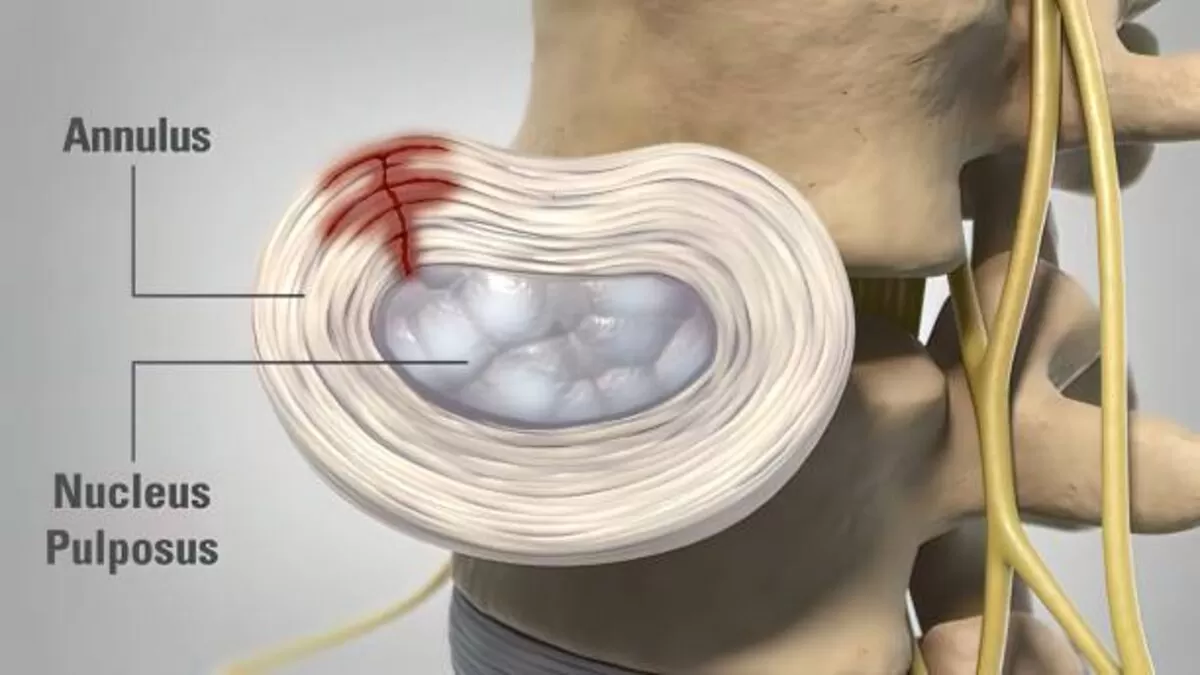

Follicular studies use ultrasound scans of the ovaries to monitor the development and progress of ovarian follicles during the proliferative phase of menstruation and identify which will release an egg during ovulation.
Painless and non-ionizing radiation-free, the bladder scan requires emptying your bladder prior to starting.
Follicular studies involve conducting several transvaginal ultrasound scans throughout your menstrual cycle to ascertain your ovulation time. It gives doctors a precise plan for when your most fertile period will occur and thus increases the chances of conception, making this procedure particularly helpful when trying naturally or with fertility treatments like IUI/IVF.
Follicular studies begin with a baseline ultrasound performed at the beginning of each menstrual cycle to establish the size and number of ovarian follicles, then serial ultrasounds to track the progress of developing follicles until they rupture (ovulate). Ultrasound scans should occur every day from day 9-10 until the expected rupture of the follicle (ovulation).
Follicular studies not only assess your ovulation time but also evaluate uterine lining thickness – with thicker uterines increasing chances of conception. They can also detect issues like polycystic ovary syndrome (PCOS), in which follicles fail to reach appropriate sizes before ovulating.
Follicular studies are typically straightforward and noninvasive procedures, yet you may still feel uncomfortable as the ultrasound probe needs to be placed inside your vagina. If this discomfort becomes bothersome for you, discuss it with your physician, who may suggest strategies or distraction techniques to make you more relaxed during scans.
Follicular studies involve regular transvaginal ultrasound scans done throughout a menstrual cycle to monitor the growth and maturation of ovarian follicles and their progress toward maturity. Multiple scans are often done over different days in order to watch this progression and establish their timing in relation to ovulation. A baseline scan should be conducted at the beginning of your menstrual cycle so as to set an initial reference point and create a benchmark for subsequent scans; regular interval scans leading up to ovulation are then scheduled at regular intervals until ovulation has taken place.
An ultrasound requires you to lie down while a sonographer uses an ultrasound probe inserted by them into your vagina. They will capture images of your ovaries and follicles. Prior to beginning an ultrasound procedure, you must empty your bladder because a full bladder may obstruct results, and the doctor may also advise against certain foods and beverages you need to abstain from on test day.
If the follicles are mature and in an optimal fertile window, a gynecologist will administer an injection of human chorionic gonadotropin (hCG), an analog of LH hormone. HCG causes rupture of the follicle to release eggs more readily, increasing the chances of conception. Follicular studies will also detect any blockages in fallopian tubes causing hydrosalpinges or any other obstruction preventing the egg from reaching the uterus.
Women looking to maximize their fertility should undergo a follicular study. This test provides doctors with a map of your most fertile window, which can increase the chances of conception by helping couples plan intercourse in accordance with this map.
Follicular studies are performed through transvaginal ultrasound. Before this procedure begins, patients are instructed to empty their bladder as fullness interferes with accurate results. Once emptying her bladder is complete, the gynecologist then inserts an ultrasound probe into the vagina to collect images of ovaries and ovarian follicles which will be tracked regularly until reaching maturity before breaking open to release eggs into circulation.
Once a gynecologist determines that a follicle has reached maturity and produced an egg, she injects hCG (human chorionic gonadotropin), an analog of LH (Luteinizing hormone). This triggers ovulation by stimulating the release of its contents from within the follicle and allows the follicle to release the egg from within its confines.
Follicular studies may indicate when ovulation will take place but do not confirm pregnancy. A pregnancy test is the only sure way of doing that. An ideal follicle size for successful ovulation and pregnancy is 18-24 mm in diameter – larger follicles increase your chances of fertilization and successful implant, but smaller ones could still result in gestation.
Follicular studies are an invaluable way to make fertility treatments work more efficiently, providing accurate ovulation prediction success rates and the ability to track an infertile woman through her menstrual cycle accurately. They can also detect Ovarian Hyperstimulation Syndrome (OHSS) issues that could hamper conception rates.
Follicular studies are noninvasive ultrasound scans that use sound waves to create images of the ovaries and follicles by inserting a probe into the vagina and transmitting high-frequency sound waves that reflect, creating images of both. For optimal results, it is vital to empty your bladder prior to receiving this examination so your doctor has an optimal view of all these structures.
Ovaries are almond-shaped organs responsible for producing and storing eggs while secreting hormones that regulate menstruation cycles. Within each ovary are thousands of tiny sacs known as ovarian follicles that hold immature eggs called oocytes; through follicular studies, it is possible to measure their size, determine when they’re growing and maturing, as well as predict ovulation.
Follicular studies cannot tell us whether fertilized eggs are ready for implantation in the uterus, so tracking ovulation and pregnancy by correlating scans with body signals such as cervical mucus production and ovulation pain is essential to ensure accurate results.
In 2017, altcoins were seen as experimental side projects to Bitcoin. By 2021, they became…
Shopping centers in Las Vegas have a unique opportunity to stand out by offering not…
Levitra, a widely recognized medication for treating erectile dysfunction (ED), has proven to be a…
Have you ever looked down at your carpet and wondered if there’s a budget-friendly way…
Counter-Strike 2 (CS2) has elevated the thrill of case openings, captivating both seasoned CS:GO veterans…
Trying to sell a car online should be simple, but sometimes buyers lose interest fast.…